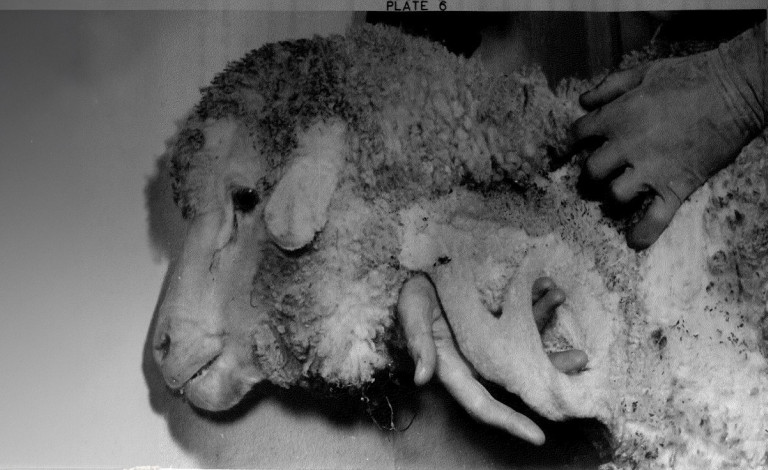Student researchers perform strongly in thesis competition
12 August 2022 | News
PhD student Lucy Hall’s research presentation about how different milking times can improve dairy farm operations has scooped the grand prize in Lincoln University’s Three-Minute Thesis competition.
James Eggers took out the Master’s prize for his presentation on restoring native birds to agricultural landscapes while simultaneously enhancing the wellbeing of livestock.
In second place was PhD student Chrystal O’Connor, whose study explores how different plant diets affect the nutritional composition of edible insects, which have the potential to be a sustainable protein source for humans.
Additionally, an Honours Dissertation category was included for the first time, with Jeremy Kilgour winning the title for his entry on whether variation in leaf-to-blub ratios and the nitrogen content of fodder beet crops affect dietary nitrogen intake in wintering cattle.
3MT is an annual competition that challenges thesis students to describe their research to an intelligent but non-academic audience in only three minutes, with just one powerpoint slide.
Following two heats held earlier this week, a group of judges selected 10 finalists, who presented their research at the grand final last night on campus.
Lucy’s study, which she is carrying out in partnership with DairyNZ, focuses on making dairy farms better for both farmers and cows.
“The task of milking on a dairy farm can occupy a large proportion of working hours before any other essential tasks are done,” she said.
“Farmers often work above average hours each day, as well as starting early and finishing late. This has become unappealing to the modern workforce, so recruiting quality workers has become a problem.
“Long and frequent milkings also require cows to stand on concrete for extended periods and be away from the paddock where they can rest and eat.
“My research looks at changing the time between milkings and the impact this can have on milk production, cow behaviour and farmers’ sleep.”
As the grand final winner, Lucy will represent Lincoln University in the Asia Pacific virtual 3MT Competition in September.
James’s research aims to identify native vegetation species that can restore habitat to native bush birds while providing forage, shade and shelter to improve livestock wellbeing.
“Vegetation removal for agricultural land use is the most significant cause of habitat loss for native species worldwide,” he said. “This is no different on the Canterbury Plains, where less than 1% of original vegetation remains, and the rate of species extinction is at a critical level.
“My study will produce a multi-beneficial native species plant list, examples of spatial alternatives and planting guidelines for other dryland farmers to implement on their properties.
“Spatial design alternatives will then be applied to a case study site of the Lincoln University-owned Ashley Dene dryland farm in Canterbury, providing an exemplar for other farms to follow.”
James will represent Lincoln University at the national 3MT Masters Inter-University Challenge later this month.
Chrystal’s research looks at the added value that native Aotearoa New Zealand insects could provide to humans.
“Insects require less water, land and feed than conventional sources of food, so could be a sustainable protein source,” she said. “I am investigating how different plant diets, including rākau rongoā (medicinal plants) can make edible insects more or less nutritious for humans.”
Jeremy’s Honours project investigates 120 crops of fodder beet throughout the South Island to discover differences in dry matter, leaf to bulb ratio, nitrogen percentage and content.
“I will also calculate the total nitrogen intake of the crops to determine whether or not the diet meets animal requirements.”
Following the announcement of the 3MT winners, Assistant Vice-Chancellor Teaching and Learning Dr Lorraine Petelo praised all the finalists for participating in the event.
“The calibre of the presentations was extremely high and the competition offers a wonderful way to celebrate the diverse range of research carried out here at Lincoln,” she said.
“Relative to size, Lincoln University produces more world-class research than any other university in New Zealand. Our research has the potential to solve many real world problems, as demonstrated by the student presentations we have seen here tonight.”


